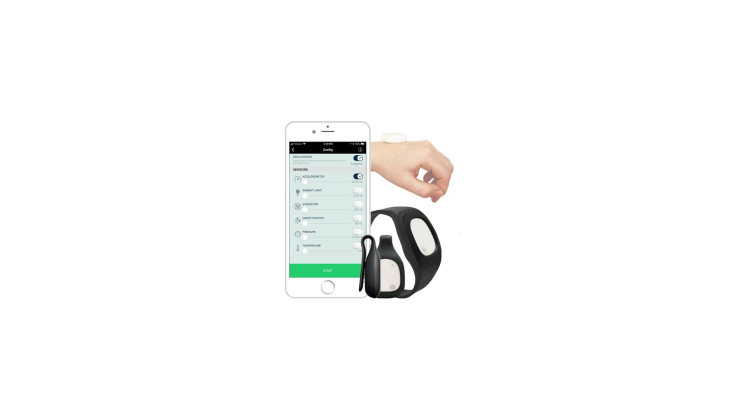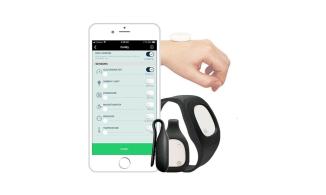
Software : Wearables
Background
We all know diaries. They are used to record, capture, and monitor our everyday experiences in our own words and are habitually kept on a daily basis. But diaries are also used in science in order to systematically assess life experiences, mostly in a structured form (closed questions) referring to a specific topic (e.g., well-being). Participants may not just answer questions at the end of the day, but also at any time during the day (so-called event- and time-based sampling). In the past, these scientific diaries were used in printed form. However, due to technical progress, nowadays diaries are also digital, and come in new forms and shapes such as Personal Digital Assistants (also known as PDAs) and smartphones. An even more recent development offers further potential as a technological platform for diary studies – wearables. Currently, wearables are predominantly used in sports to measure heart rate and blood pressure, as a pedometer, or to determine the exact GPS position. Meanwhile, the potential to use wearables for scientific purposes, e.g., data collection in diary studies seems substantial. Wearables offer various major advantages, such as being unobtrusive (important for the direct measurement of sensitive topics), not disturbing our daily routines (important for very frequent daily measurements), and being capable of running autonomously (i.e., independent from smartphones and Internet connections). This being said, the present project sets out to develop an open-source software for scientific purposes which should be easily adaptable (e.g., through further sensors, buttons) and work autonomously while implementing low power consumption and the option to store data locally altogether based on a freely available development board.
In order to facilitate the conduction of Experience Sampling studies on a smartwatch form factor, we developed a firmware for the LilyGo T-Watch 2020 V2, a programmable smartwatch, here at the KL. This open-source software allows to easily implement studies employing self-reports on the T-Watch via simple configuration files. This allows researchers without programming skills to define the behavior of the device. The device can then notify participants and prompt them for inputs autonomously, with collected date being stored directly on the device.
Self-report data, i.e., data from classic questionnaires, are repeatedly criticized because they have disadvantages that call the validity of the data into question (e.g., memory bias, social desirability, prerequisite of introspection ability). Non-reactive data can be an important complement to reduce or quantify this negative influence. The following Device will be used to collect social contacts and non-reactively - via the number of smartphones in the immediate environment.
The idea is that researchers can use this tool to configure a device according to their needs (e.g. time/frequency of prompts, vibration, LED lights). The wearable can then be used independently and without having to be connected to a smartphone. All data is stored on the device itself and can be downloaded by reconnecting to the app at a later point in time.




